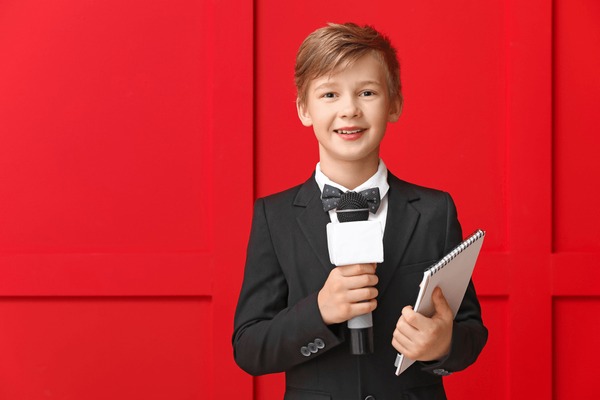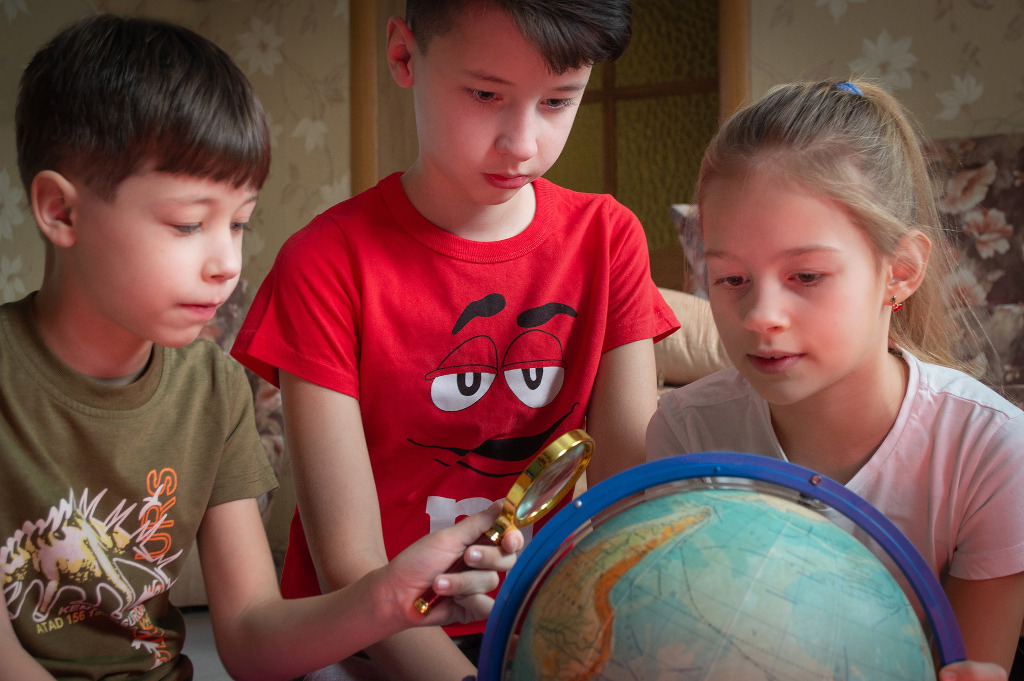How Debate Transforms Students into Confident Everyday Speakers

In an era where effective communication is increasingly important, helping students build confidence in speaking is one of the greatest skills educators can foster. From expressing opinions in class to engaging in casual conversations, the ability to speak with clarity, conviction, and confidence is critical. Debate, often seen as a classroom exercise or extracurricular activity, is a tool that goes far beyond competitive argumentation. It’s a practice that can transform students into confident communicators, equipping them with essential skills they’ll carry into every facet of their lives.
Here’s how debate serves as a foundation for developing confident, articulate speakers—along with practical examples of how these skills are used in daily life.
1. Developing Critical Thinking:
One of the core components of debate is learning how to think critically. Students are trained to evaluate information, consider different perspectives, and construct logical arguments. This isn’t just about making a winning case but about understanding the complexity of an issue and weighing evidence before forming an opinion.
Example:Imagine a student who is asked in a class discussion whether technology is harmful or beneficial for education. A student with debating experience won’t offer a simple yes or no answer. Instead, they’ll be able to present both sides of the argument, using examples like online learning resources (benefit) versus the distractions of social media (potential harm). In real life, this critical thinking ability helps students assess problems in various situations—whether it’s choosing the best solution for a science project or deciding how to approach a disagreement with friends.
2.Overcoming the Fear of Public Speaking:
Public speaking is one of the most common fears, especially among young students. Debate provides a structured environment where students are encouraged to speak regularly, helping them gradually build comfort in speaking to an audience. It teaches them how to organize their thoughts and speak with clarity, all while managing nervousness.
Example:Let’s say a student is selected to give a presentation in front of their class. Prior to participating in debates, they might have been anxious or unsure about how to convey their message. However, with experience gained through debate sessions, they know how to break down their points, engage the audience with eye contact, and use their voice effectively. As a result, they approach the presentation with confidence, turning a once nerve-wracking task into a comfortable experience.
3. Improving Listening Skills:
Debating isn’t just about speaking; it’s about listening intently to what others have to say. A strong debater must not only present their own arguments but also listen carefully to opponents to understand their points, identify weaknesses, and respond effectively. This practice of active listening is essential in everyday interactions.
Example:During a family dinner, a child with debate experience might find themselves in a conversation where different family members have opposing views on a current event. Instead of tuning out or interrupting, the child listens actively, absorbing each viewpoint. When it’s their turn to speak, they respectfully acknowledge the differing opinions and present their own thoughts thoughtfully. This habit of listening before responding becomes a lifelong communication skill, helping students navigate social, academic, and professional environments with greater empathy and effectiveness.
4. Building Persuasive Communication:
Debate trains students to be persuasive by teaching them how to present their arguments in a logical, structured, and compelling way. They learn how to back up their opinions with evidence, and they refine their ability to influence others through reason rather than emotion alone.
Example: Consider a student who wants to persuade their parents to let them attend a summer camp. Instead of relying on emotional pleas like “All my friends are going,” a student with debate experience will approach the conversation more strategically. They might explain the benefits of the camp, such as learning new skills, meeting new people, and growing more independent, while addressing any concerns their parents might have. Their well-reasoned and clear arguments are much more likely to win over their audience.
5. Boosting Self-Esteem:
Debate helps students take ownership of their ideas and defend them in a public setting, which can have a significant impact on their self-esteem. Whether they win or lose, the process of standing up for their beliefs builds a sense of personal achievement and confidence.
Example: A student who regularly participates in debates may notice a shift in their everyday interactions. In a classroom setting, instead of hesitating to answer a question or fearing they might be wrong, they confidently raise their hand and contribute to discussions. They are less concerned with making mistakes and more focused on expressing their thoughts. This boost in self-esteem empowers them to speak up not only in the classroom but in social settings and beyond.
6. Handling Conflict with Confidence:
Debate teaches students how to engage in respectful disagreements. Rather than becoming defensive or emotional, students learn how to address opposing views calmly and logically. This skill proves invaluable when they encounter conflicts in real life.
Example:Imagine a scenario in which a student disagrees with a friend about where to go for a group outing. Instead of letting the argument escalate or avoiding the conversation, the student uses debate techniques to present their case clearly while listening to the friend’s perspective. By approaching the situation with calm and reason, they’re more likely to reach a compromise or persuade the group without causing tension.
7. Sharpening Quick Thinking:
In debate, students must often think on their feet, especially during rebuttals or cross-examinations. They need to process new information quickly, analyze it, and formulate a response—all in real-time. This ability to think fast under pressure is an asset in many real-world situations.
Example: Picture a student who is called on unexpectedly in a class discussion or social situation. Instead of freezing up or giving a vague answer, they quickly gather their thoughts and respond confidently. Whether it’s explaining their opinion on a topic in class or navigating a tricky question from a teacher, their experience with quick thinking in debates allows them to remain composed and articulate, even in surprise scenarios.
Conclusion:
Debate is much more than an academic exercise. It equips students with invaluable communication skills that translate into their daily lives—whether they are speaking in front of a crowd, engaging in casual conversations, or navigating challenging discussions. The combination of critical thinking, active listening, persuasive speaking, and the confidence to handle conflict prepares students for success, not just in school but in life.
At Active Kids, we understand the transformative power of debate, which is why we integrate it into our curriculum. We believe that every child has the potential to be a confident, articulate speaker, and through debate, we unlock that potential. Join us in fostering the next generation of thinkers, leaders, and confident communicators.


